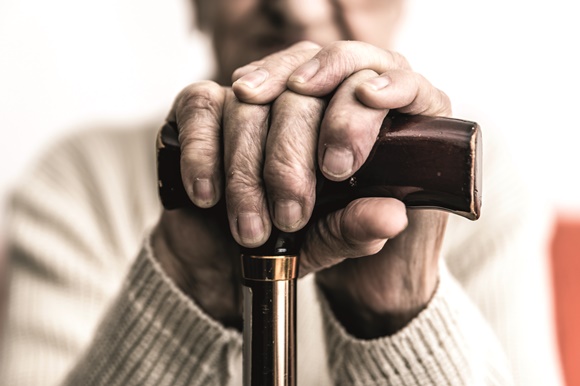Notebook
My summer holidays in Ireland included a visit to a rural pub/restaurant, where a family function was taking place. This event, maybe a christening or possibly a quiet second marriage, was attended by a large number of children, running all over the premises and annoying hoary old celibates like me.
Sensing my annoyance, one child stopped right in front me and intoned: “Hello, old person!” This surely was a moment of truth.
A visit to a classmate revealed he had had a similar experience. Making his way into a swimming pool, he found his way blocked by young GAA types sitting on the gangway massaging their aching calves. Their team-mate noted my classmate’s frustration and shouted to his colleagues: “Leave the granddad through!”
Elders
How did this happen! It seems like only yesterday that we were fresh-faced young priests, being told by our elders that it’s a sure sign of age when the priests and policemen start looking young. Now we know the feeling: how come there are so many teenaged gardaí!
I am 60 years of age. My birthday happened in the heart of lockdown last spring, so denial is a possibility.
Raucous parties were out, but the parish did what parishes do best, making sure I knew that my birthday was not forgotten, and almost overpowering me with cards and mementoes.
Everyone here now knows I am 60; there’s no denying it.
It seems such a big age. In my heart, I feel I might be in my 30s, 40 even – but 60, surely not! On the other hand, I am conscious of contemporaries who have not made it this far. Six of us were ordained for Cork & Ross in 1984. Three have already gone to heaven, mostly prematurely, from cancer; Bob Harrison in 1996 at the age of 38, Sean O’Driscoll in 2013 not much over 50, Jim Davern just a couple of years back.
I am also conscious that the boys and girls I was in school with are all thinking of retirement; many in fact have crossed over that threshold. And here I am contemplating another 15 years in active parish ministry, maybe at a slacker pace, but on call ‘24/7’ nonetheless.
Tension
There is a tension in life between seeing the glass as half full or half empty. I am acutely aware of the tension just now. On the one hand, my life is more than half over. The energetic years are surely behind, the best years maybe?
On the other hand, the glass is half full. Happiness seems to grow with age.
People’s annoying criticisms sting less, their expectations intrude hardly at all.
I am a happy 60-year-old. I am happy to live today, to give it my all, to be a pastor who prays, preaches and writes, but also a reader, walker and relax-er. Being an only child, I am not harassed by demanding family connections, but instead surrounded by good friends and blessed with health. I enjoy today.
Tomorrow…who knows?
Birth of a new Church?
Something remarkable is happening: a new Church is being born in Irish parishes. The Covid-19 committee here has become the best pastoral council a parish could want, responding to pastoral needs, and safely.
People who couldn’t brave it to church needed Holy Communion: let’s buy pyxes, they said, and make them available. I might buy two, they got ten! People take a pyx on a long-term loan, and suddenly Communion is brought from Mass to people under-nourished by mere spiritual Communion. Older people who would not be eucharistic ministers in a million years see the need and volunteer. Praise God!
What happens if things go wrong?
On my summer holidays in Ireland, I went to the church nearest my hotel for Sunday Mass and luckily found a seat. Everything was excellent: stewards, sanitisation and mask-wearing. The priest preached well and ministers served superbly. But no one took my contact details, even though they were taken everywhere else I travelled – even in McDonalds!
So if there was outbreak of Covid-19 there, no one could contact me to alert me.
I’m told few churches take these details and wonder: why not? It may not be legally required, but is it not ‘best practice’, part of our ‘duty of care’?



